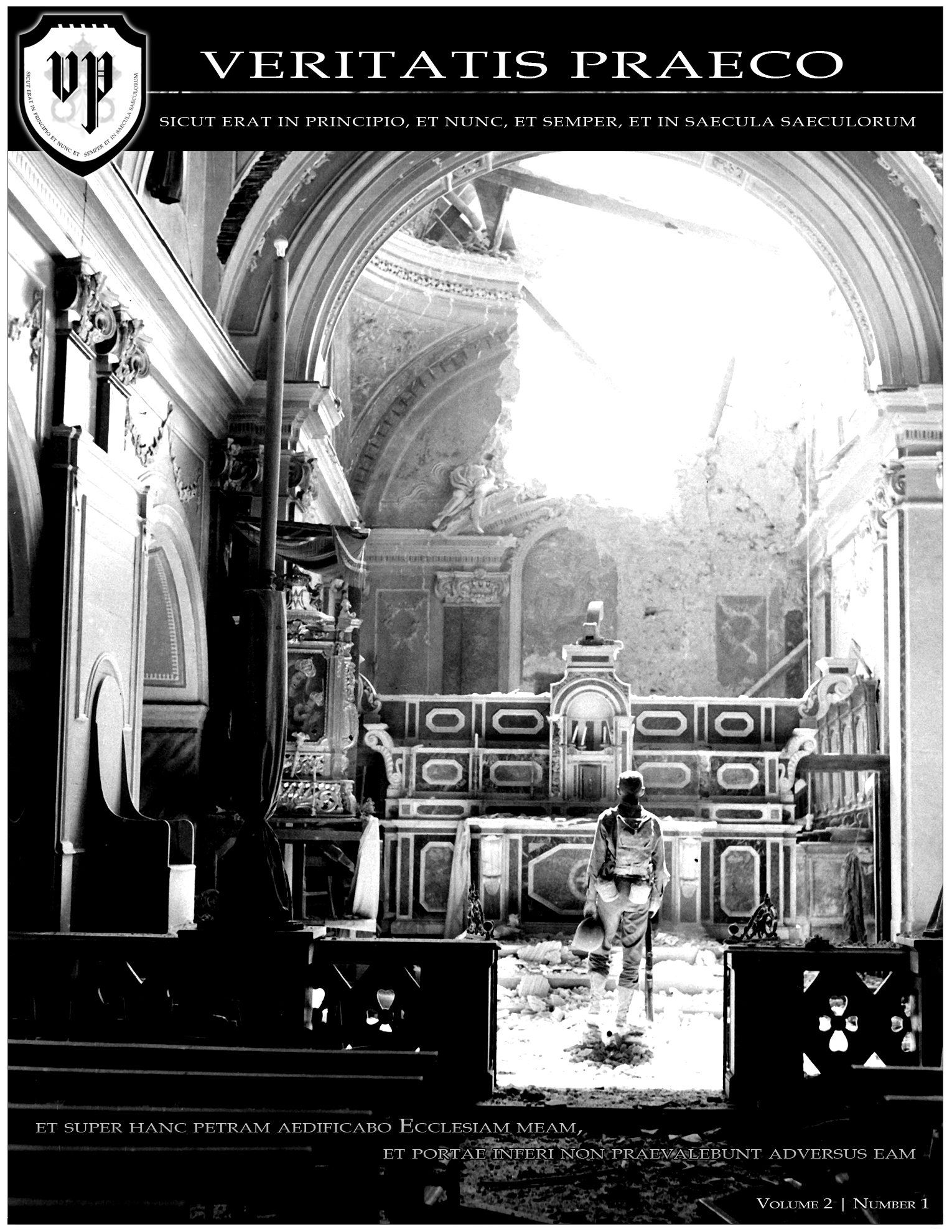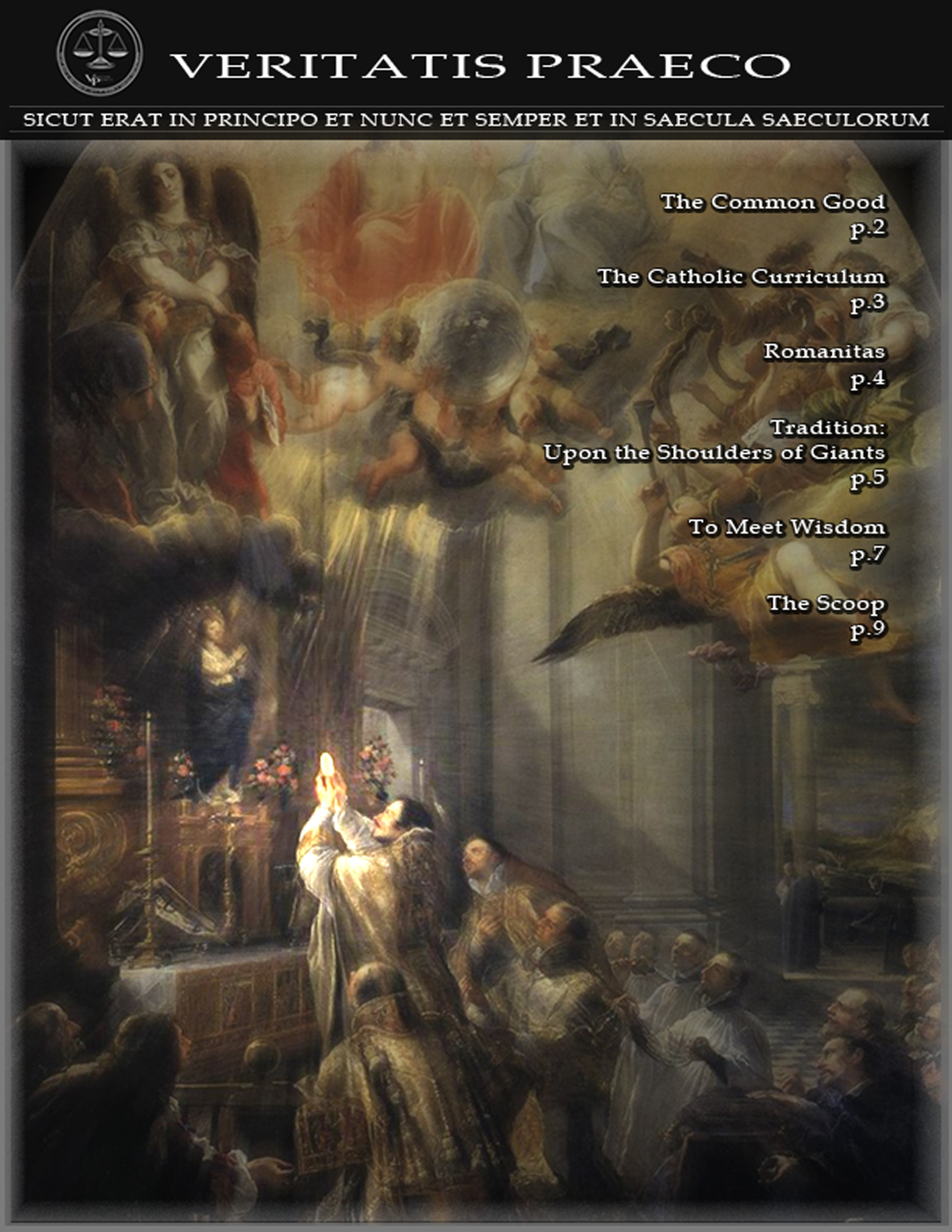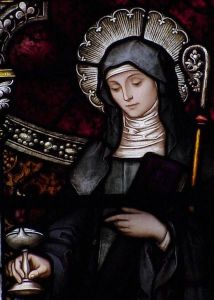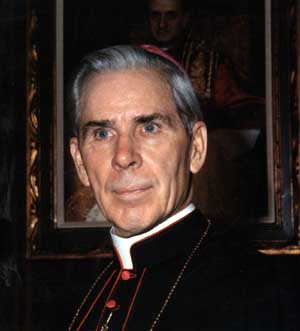Archive
Introductory
Two-thousand years ago, a Roman procurator asked a humble Jewish carpenter a short but profound question: “Quid est veritas?” The Answer was standing there before him; but he either could not – or perhaps would not – acknowledge that which was under his nose. Such is often the failing of those in authority. Power, after all, corrupts the hearts of men – and whether it perverts the intellect or the will, the result can be equally disastrous, both for the immortal soul of the ruler and the well-being of those entrusted to his care, a responsibility which inexorably comes with all authority. But when that responsibility is neglected, to whom can the people turn? When those upon whom it is requisite to be the servants of all choose instead to abuse the populace for the glorification of their own egos and the satisfaction of their own desires – often under a deceptive rhetorical guise of safety, liberation, and fulfillment – how can the truth prevail? It seems a hopeless situation; and were it not for the abundance of seemingly hopeless situations that have nonetheless borne the greatest fruits of the Judeo-Christian tradition, one could easily mistake the appearance for a reality. Veritably, it has been characteristic of man’s history that the most vile deceptions tend to reveal the greatest truths; the most gruesome violence gives birth to the most profound respect for life; and the worst oppressions lay the foundations of the most truly free societies.
But these things will not occur on their own. Men cannot sit back and allow tyranny, be it large or small, to mute the voice of reason or to suppress the proclamation of the truth; the entrenchment of moral viciousness can never be justly tolerated, and the abandonment of virtue must never go without admonishment.
Truth, as part of the transcendent and underlying principle which informs all of existence, appears in all facets of life; and most especially is that evident at any institution which adheres faithfully to the orthodox principles of the liberal arts. It is evident in the study of truthfully related history – not as a mere relation of the events which have occurred through time, but as an expression of the factual, particular, as well as the derivable, general characters of men. It is evident in the study of good literature, which expresses not just a past perception of mankind, of what has happened, but of that which might happen in accord with the laws of probability and necessity. It is evident in a teleologically oriented study of philosophy, which seeks not the sophistication of speech or articulation, but rather a distinct and sound comprehension of the manifest truth discernable in all of creation. And finally it is most evident in a study of rightly-taught Catholic theology, that which illuminates the truths given by Divine Revelation, the perpetually elucidating words of Sacred Scripture, and the salvific depths of Tradition and the Sacraments.
Yet for all of the evidence of truth, despite the transcendent goodness which is the essential foundation of all that man encounters, there are privations and perversions throughout the world. Truths are everywhere soiled by deceit; goodness is constantly beleaguered by malice, selfishness, and pusillanimous compromise. Tradition is denigrated and denounced, and the truths it espouses despised and denied. Misrepresentation, be it out of a devious intent or mere ignorance, aims to tarnish the faith and knowledge enshrined in the orthodoxy of the Holy Catholic Church. But truth, be it revealed in a secular work or in the words of the Divine, is objective and immutable; what was true a thousand years ago remains true today. It is therefore incumbent upon those blessed enough to have been given these truths, those who have escaped the obfuscation of reality, to polish the golden monolith of tradition, to make it again the beacon of truth which illumines man throughout not only Western civilization, but the whole world.
“Tradition,” once wrote G.K. Chesterton, “means giving a vote to the most obscure of all classes, our ancestors. It is the democracy of the dead. Tradition refuses to submit to the small and arrogant oligarchy of those who merely happen to be walking about. All democrats object to men being disqualified by the accident of birth; tradition objects to their being disqualified by the accident of death. Democracy tells us not to neglect a good man’s opinion, even if he is our groom; tradition asks us not to neglect a good man’s opinion, even if he is our father.” Few statements could better or more concisely represent the aims of this journal: to restore the truest democracy of all, that which admits truth no matter how old it may be, no matter who speaks it; and to stand firm upon the shoulders of giants against those audacious few who aim to control, to abuse, and to dominate the many… (continued in the print edition)








